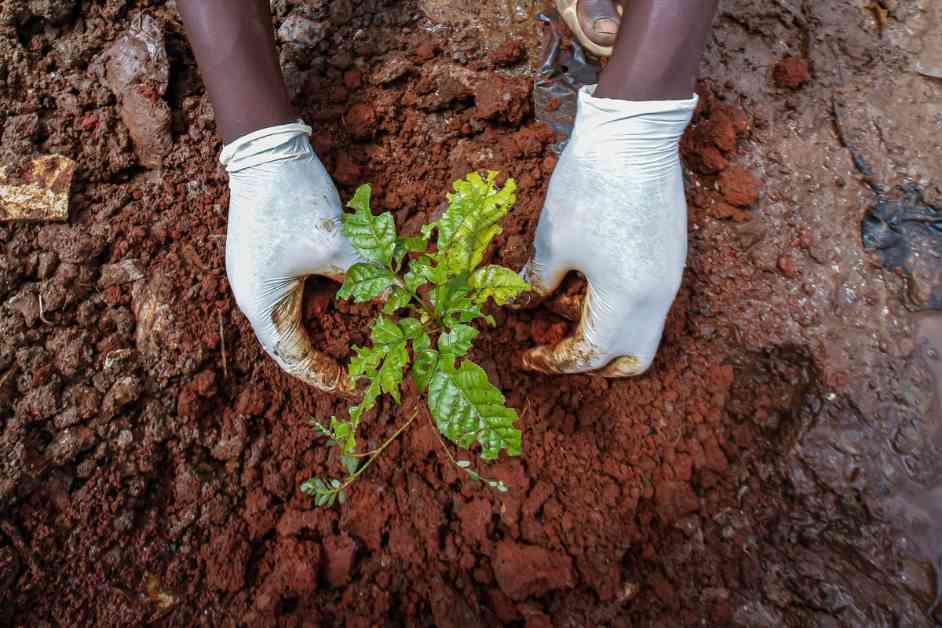Climate change is a pressing issue that affects everyone, especially vulnerable communities in Africa. External groups often offer solutions for climate adaptation, but the best way forward is to empower local communities and leaders to take control of their own adaptation plans.
In Africa, where climate-related hazards directly impact millions of people every year, it is crucial to involve local leaders in adaptation efforts. These leaders have a deep understanding of their communities and their needs, making them the most knowledgeable and invested in finding effective solutions.
The recent catastrophic rainy season in Kenya, which displaced hundreds of thousands of people and led to a cholera outbreak, highlights the urgent need for action. Community leaders are at the forefront of responding to these disasters and developing strategies to protect their communities.
The upcoming COP29 conference will be a key opportunity for developed countries to pledge funding to support locally led adaptation efforts. This funding is essential to establish and sustain climate adaptation projects in Africa, where slum dwellers are particularly vulnerable to extreme weather events.
Projects like the aerial water system in Kibera and tree planting initiatives in Mathare slum demonstrate the impact of community-led adaptation efforts. These projects not only help communities prepare for the impacts of climate change but also create sustainable solutions that benefit residents in the long term.
Despite the success of these projects, climate adaptation in Africa still lacks the necessary attention and investment. International funding for adaptation projects falls short of what is needed to address the growing challenges posed by climate change in vulnerable communities.
Moving forward, it is essential for international funders to prioritize and support locally led adaptation efforts in Africa. By empowering local leaders and communities to take control of their adaptation plans, we can ensure a more sustainable and effective response to the climate crisis. The future of climate leadership in Africa depends on investing in these communities and giving them the resources they need to adapt and thrive in the face of climate change.




